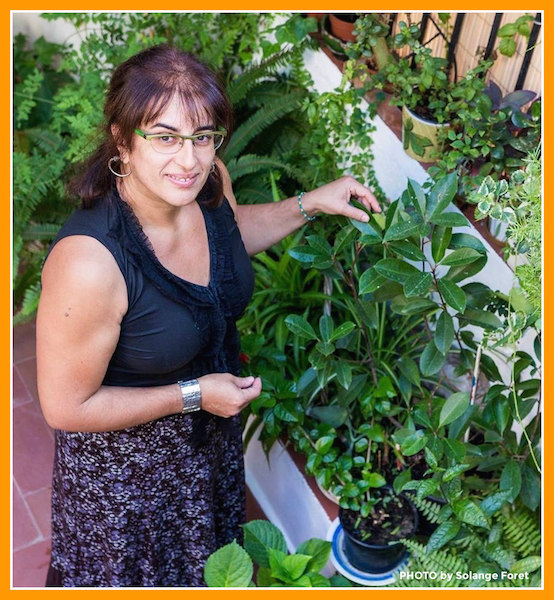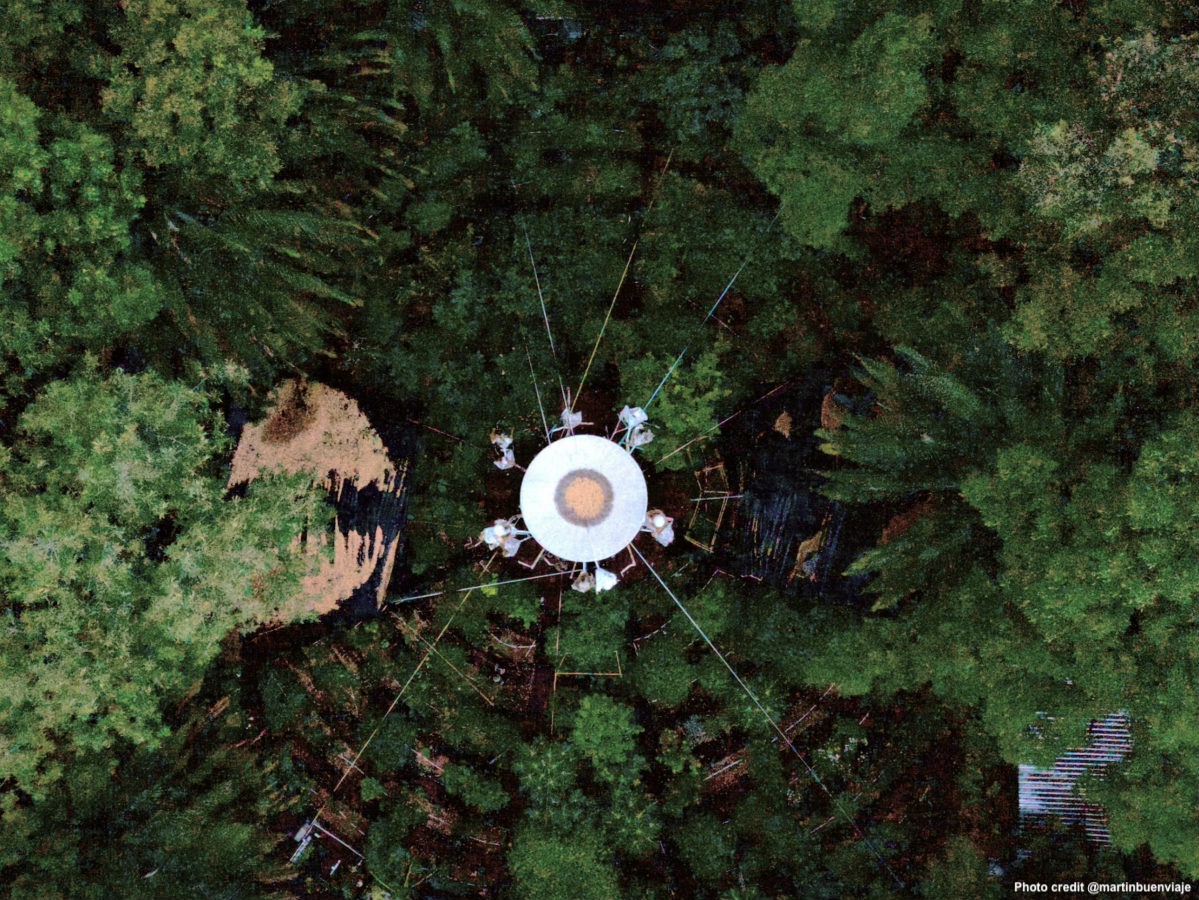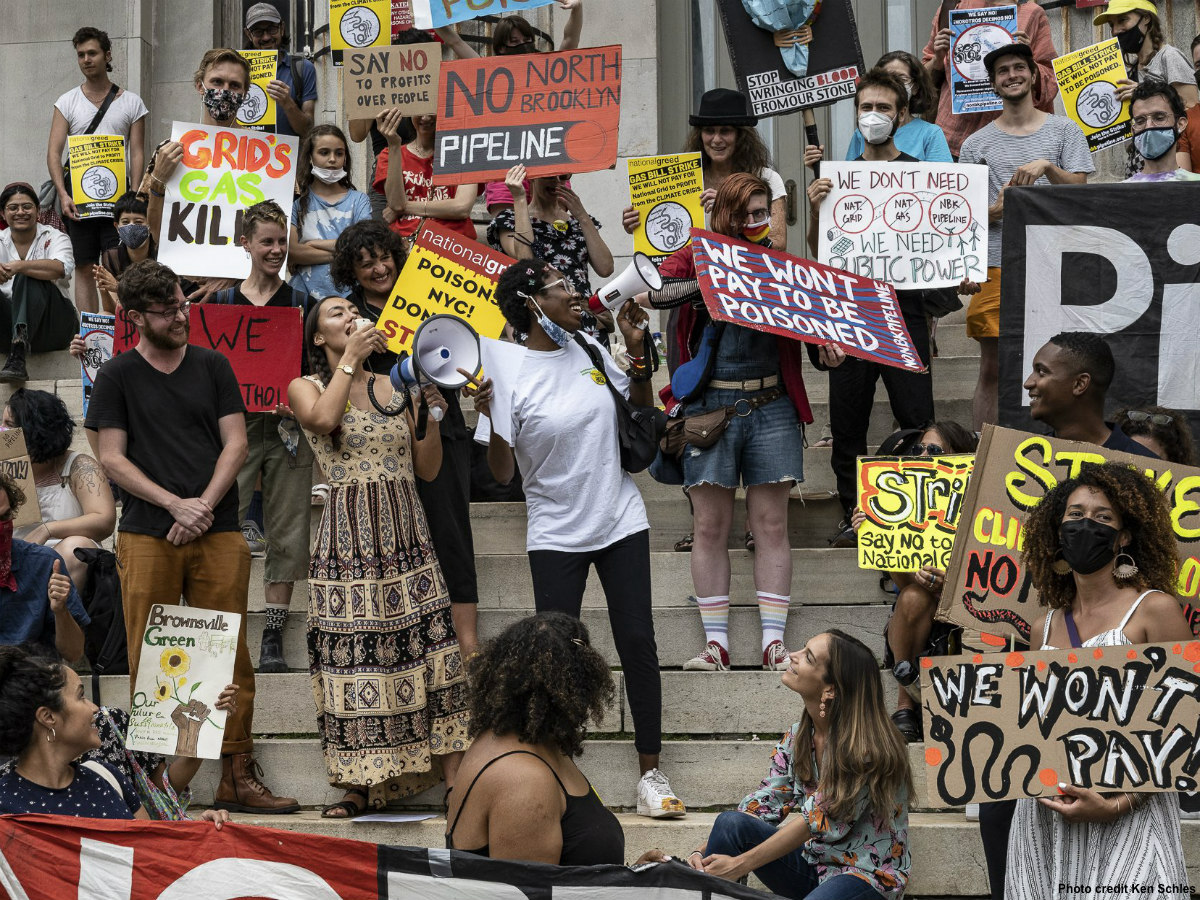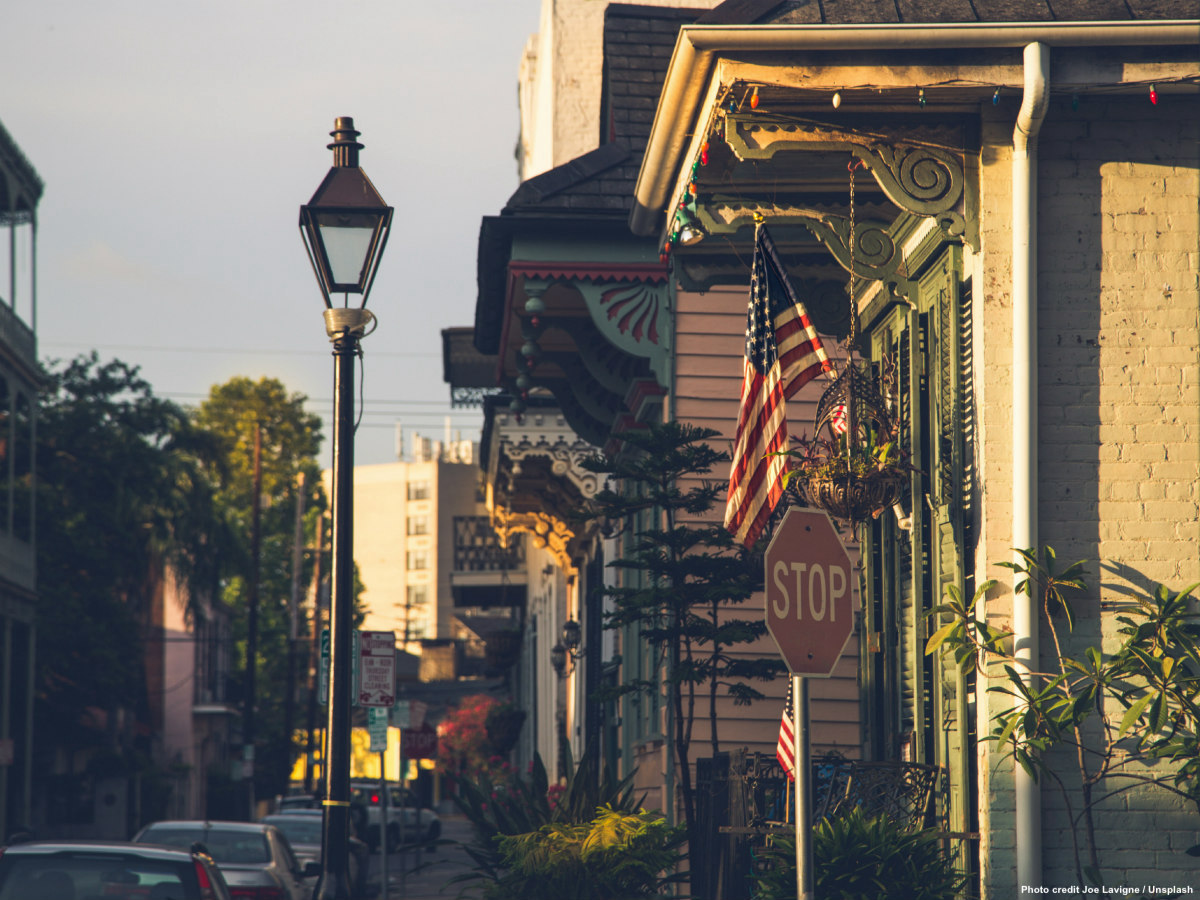Tamara Sancho, a primary care physician in Barcelona, and her neighbours have been converting the small spaces around trees into small lush gardens in their neighbourhood called ‘Poble Sec’ since 2015. Tamara was fed up with the amount of rubbish accumulated around those tiny tree islands and decided to do something about it. She started to grown urban micro gardens on public spaces, an easy green city solution to reduce the impact of air pollution.
Trees, bushes and other greenery growing in the concrete-and-glass canyons of cities convert carbon dioxide into oxygen and can reduce the levels of two of the most worrisome air pollutants by eight times more than previously believed, a new study has found. The harmful impact of urban air pollution could be combated by strategically placing low hedges along roads in a built-up environment of green cities instead of taller trees.
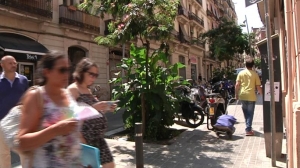
Tamara’s idea of the micro gardens contributes precisely to this purpose. However, it has not been an easy road. She had to deal with vandalism, robbery of the plants and bad ground conditions. After trying different plants, the micro gardens started to last. Then other neighbours commenced to grow micro gardens. They beautify the city and clean the air. “You can’t use eye-catching plants with beautiful flowers because they are too appealing to robbers. You need to find a good balance between beauty and regular plants”, says Tamara. “You also need robust plants because the ground conditions are not good. You might add some new earth as well”. Also maintenance and regular watering is very important.
One only has to do a quick scan around one’s city to see how much we, citizens, could do. To many at the city council, a green city is all about expensive green infrastructure, urban planning solutions for improving air quality to enhance the sustainability of cities. I believe small actions like Tamara’s micro gardens play a vital role. Citizens’ engagement is all what we need. Tamara just did it. When the city council found out about her initiative they loved it. And so far they haven’t requested any permit to plant.
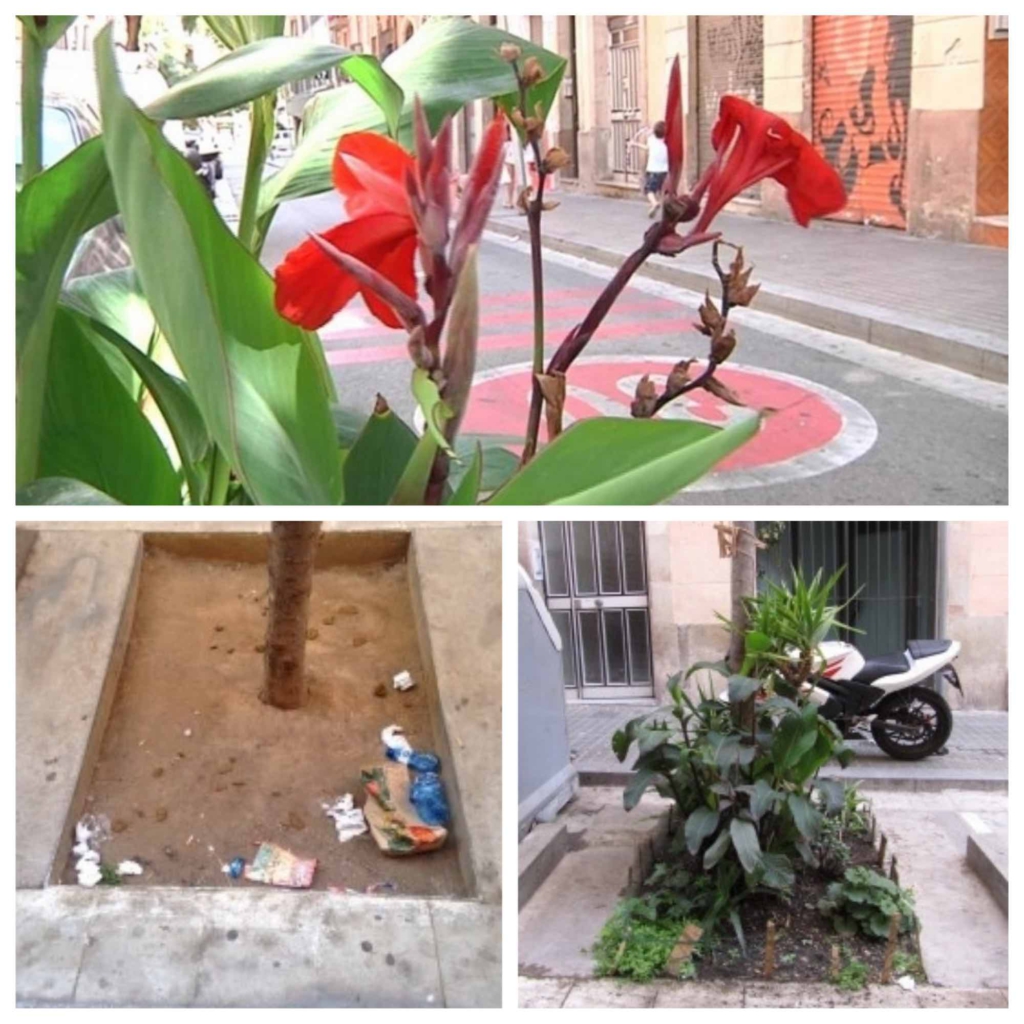
Stubbornness and a passion for a liveable and green city was all that Tamara needed to make this happen. She told me the story of her parents who would have planted the same trees three times in their neighbourhood in a Chilean city until nobody would dare to steal them again. Afterwards they left Chile and went on exile. Eventually, she came back to visit their neighbourhood and the trees were still standing there.
She wishes all Barcelonians and people in other cities would follow suit and replicate her idea and start planting in those empty ugly spaces so that there would be micro-gardens everywhere in cities. They not only contribute to reduce the impact of air pollution in the city; most importantly they also connect people. When Tamara is working in the micro gardens, neighbours will come and talk to her.
Tamara’s micro gardens are a piece of humanity that would save us from boring concrete cityscapes.
